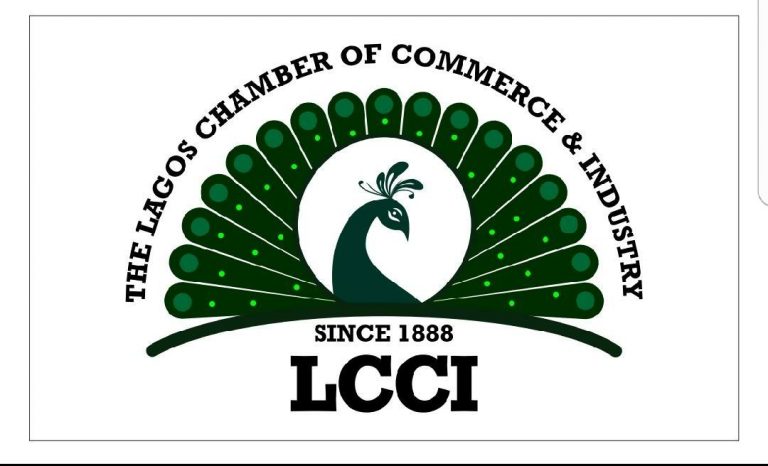The Lagos Chamber of Commerce and Industry (LCCI) has called on the Nigerian government to introduce specific fiscal interventions aimed at supporting the country’s manufacturing and agriculture sectors, following the announcement of a 3.46 per cent GDP growth rate for Nigeria.
Director-general of the LCCI, Dr. Chinyere Almona, made this call in Lagos. While acknowledging the positive GDP growth figures, Dr Almona expressed concerns that the economic expansion is not resulting in substantial improvements for key sectors essential to job creation and economic stability, particularly manufacturing and agriculture.
The DG welcomed the growth as reported by the National Bureau of Statistics (NBS), but pointed out that the country’s real economy continues to face significant challenges.
According to her, despite the positive growth in the headline GDP, the manufacturing and agricultural sectors are still under pressure due to several macroeconomic factors, including high energy costs, insecurity, and foreign exchange illiquidity, which have stifled production.
Dr. Almona also highlighted that the banking sector is struggling to meet the credit needs of businesses, which further exacerbates the difficulties faced by manufacturers and farmers. She noted that high interest rates, elevated inflation, and the inability of banks to fulfill their financial intermediation role have left many businesses struggling to stay afloat.
The LCCI director-general specifically pointed to the rising costs of energy—particularly electricity and fuel—as a significant burden on local manufacturers. She said, “The operating environment for businesses remains unbearable, with high operational costs and a challenging fiscal climate. These issues continue to weaken the manufacturing and agriculture sectors, which are central to Nigeria’s economic recovery.”
To address these challenges, Dr. Almona emphasised the need for a set of targeted fiscal policies to provide relief for manufacturers and farmers.
She called for measures such as import waivers, tax exemptions, and steps to reduce Nigeria’s reliance on fuel imports,adding that the Chamber has also consistently advocated for the implementation of a fixed import duty exchange rate, which would provide stability for importers and enable businesses to plan more effectively in the face of fluctuating exchange rates.
In addition, she called for increased domestic oil production and a stable supply of crude oil to local refineries to help ease energy costs and support economic growth.





